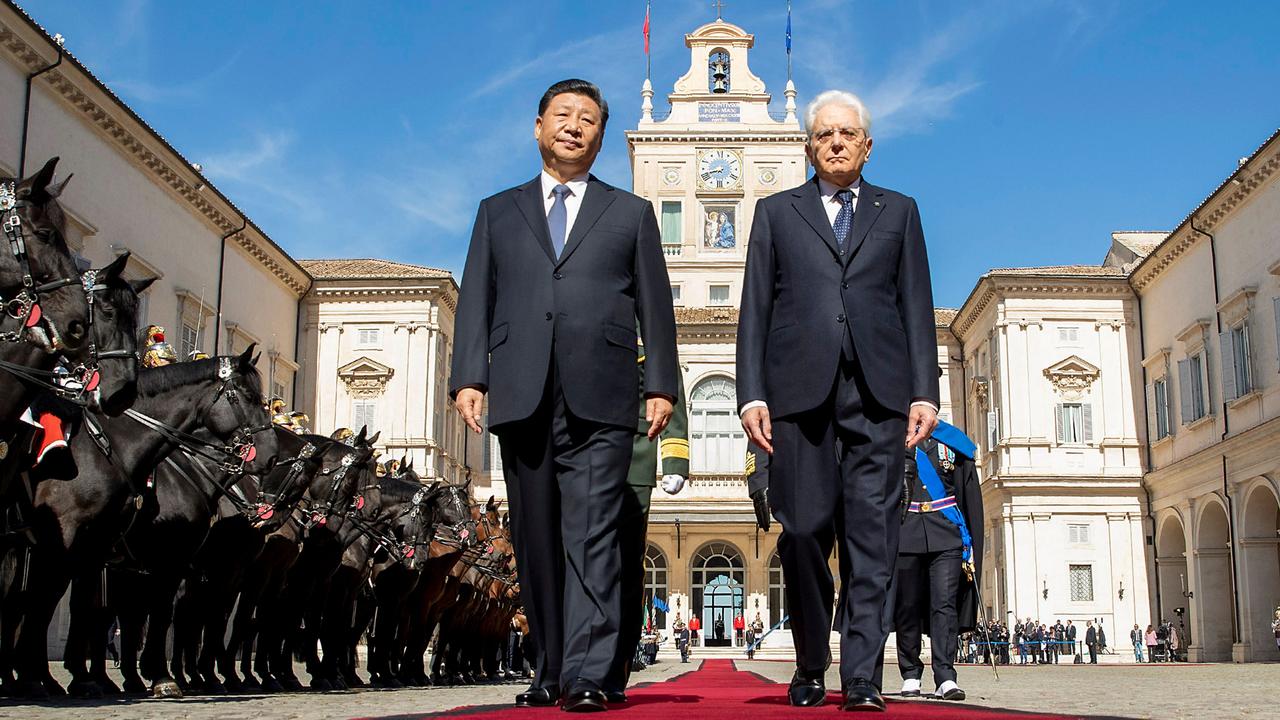Return to glory the goal in Tokyo's winning Games bid
The history of the Games underlines how important they have been in providing a platform for countries to send a message to the world about how they've changed and stepped up.
The International Olympic Committee decided in 1936 that the 1940 Games would be staged for the first time in Asia, in Tokyo. But Japan abandoned that option in 1938 as its invasion of China intensified.
Japan's hosting of the Games in 1964 provided a platform to proclaim to the world how it had reinvented itself after the war, and was now an economic force and a dependable democracy.
Its neighbour South Korea did much the same in 1988, the Games then showing a surprised world how a new, high-energy, industrialised nation had emerged from the ashes of the civil war.
What's the new message going to be?
For two decades, Japan's reputation has declined as its economic performance has stagnated, culminating in the 2011 tsunami, impact of which was magnified by the nuclear chaos at Fukushima.
In contrast during these years, China's reputation has soared along with its economy, again showcased brilliantly by the Beijing Games in 2008.
It had appeared that the prime ministership of Junichiro Koizumi, from 2001-06, would shake Japan out of its malaise.
But in the end, despite Koizumi's reforms and the challenges he posed to his own rigid Liberal Democratic Party - which had ruled the country for about as long as the Communist Party had ruled China - the stagnation reimposed itself.
However, Shinzo Abe won power by a landslide last December and has consolidated his grip with his upper house victory at elections in July.
A brief earlier spell as prime minister, from 2006-07, was underwhelming. But he returned to office with a clear program for reform and, to the surprise of many, has persisted with it, with such zeal that he has won the backing of a great majority of the 116 million-strong population.
Abe said after Tokyo's Olympic victory: "I expect this to bring a fair wind to Japan's economy and growth."
The message he will relay as the Games approach is that Japan has regained its mojo, that it will astonish the world with its hi-tech innovations, with its enthusiasm for sport, with its embrace of internationalism.
The massive quantitative easing that has driven down the yen 16 per cent against the US dollar, to boost exports, is already attracting more tourists.
Those numbers are likely to be reinforced by the attention provided by the Olympics.
The reconstruction efforts now in full swing in northern Japan following the tsunami will be accelerated, as the companies involved start to bid for ensuing Olympics-associated projects.
The Tokyo bid committee estimated the Games would create 150,000 jobs. The government will be hoping it goes further, and acts as the final factor that ends Japan's 15 years of deflation and drives it towards its targeted 2 per cent inflation.
Tokyo Governor and bid chairman Naoki Inose said afterwards that during the bidding "we felt the passion from people in Japan".
This reflects a shift widely reported this year: from the phlegmatic, resigned mood that set in with the years of stagnation to a surprising new sense of expectation, of change.
The appearance during the Tokyo presentation to the IOC of Princess Takamado, a member of the royal family who, although Cambridge University-educated, now rarely leaves Japan due to ancient imperial protocol, encapsulated the unity of the bid.
Japan is likely to use its win to rally support in the Asia-Pacific region, where it will be widely welcomed - with TV viewers finding it easier to follow events in the same or similar time zones, and with their athletes more likely to gain sponsorships from Japanese companies. Countries which are as yet unsure what to make of Japan's resurgence under Abe - especially China and South Korea - will wait and watch. But even they may decide that a more relaxed, less edgy Japan will be a better neighbour, as long as it contains its confidence within the economic and cultural realms.
Rowan Callick is The Australian's Asia-Pacific editor.



TOKYO'S decisive win to host the 2020 Olympic Games will boost mightily Japan's growing belief that it is back as a global economy and as a top diplomatic power.